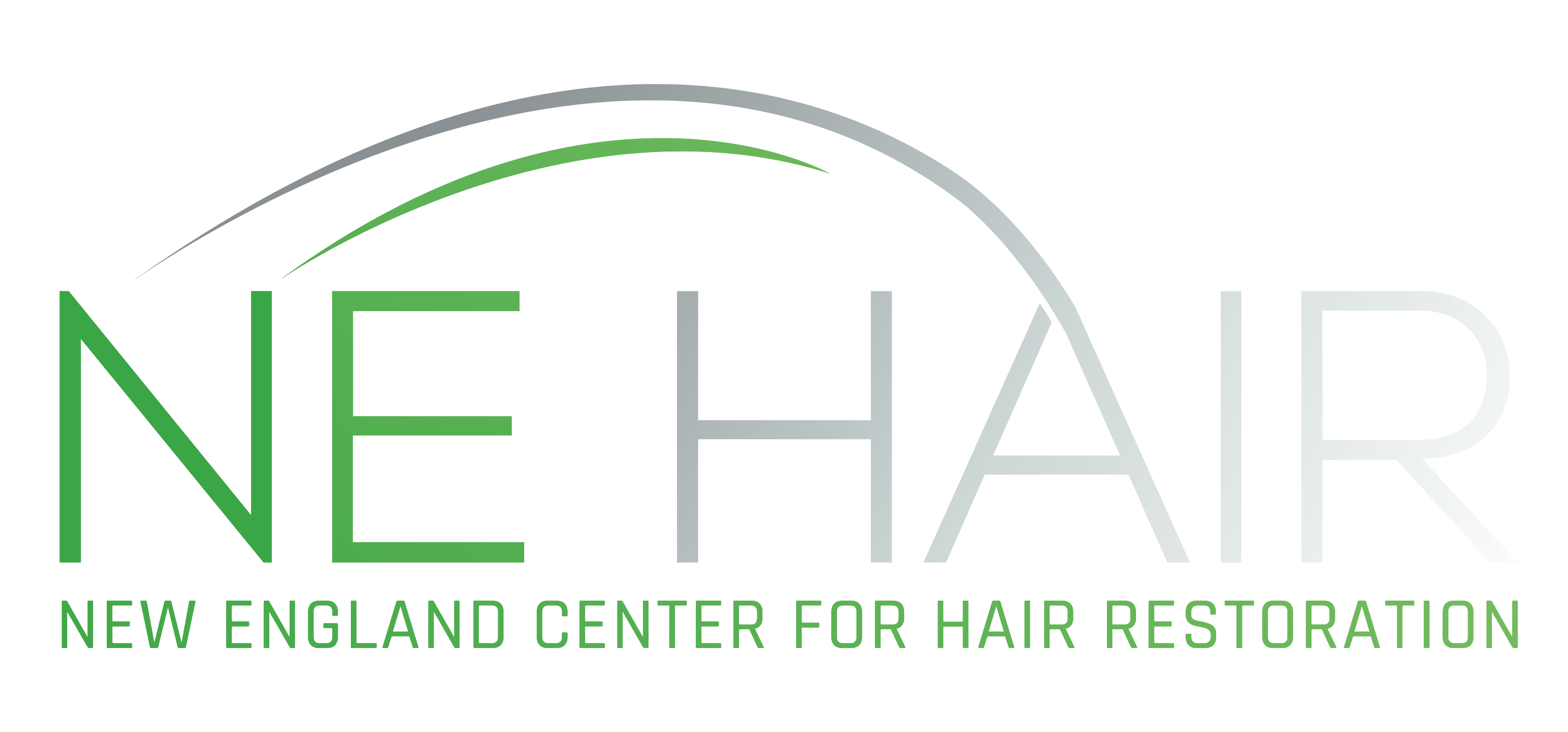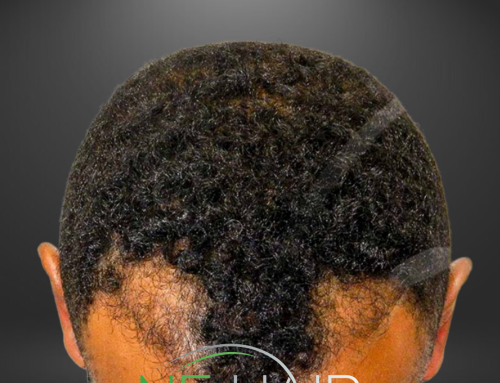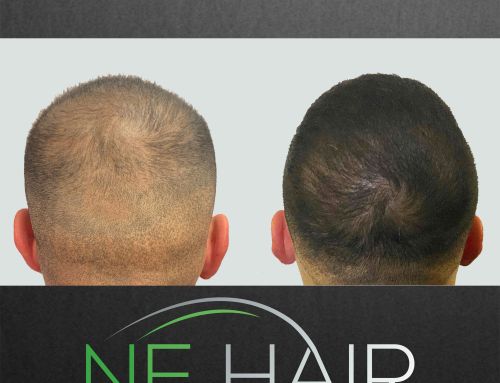When it comes to addressing hair loss and promoting regrowth, individuals often find themselves at a crossroads between various solutions. Two prominent contenders in the realm of hair growth are Rogaine (minoxidil) and Nutrafol, each offering distinct approaches to tackle the challenge of thinning hair. In this comprehensive guide, we’ll delve into the differences between Rogaine and Nutrafol, exploring their mechanisms, effectiveness, and considerations to help you make an informed decision on which option may better suit your hair restoration journey.
1. Understanding Rogaine (Minoxidil):
Mechanism: Rogaine is a topical solution that contains minoxidil as its active ingredient. Minoxidil is thought to enhance blood flow to hair follicles, thereby stimulating hair growth. It is available over-the-counter in various formulations, including liquid and foam.
Effectiveness: Rogaine has demonstrated effectiveness in promoting hair growth, particularly in the crown area. It is most suitable for individuals experiencing hereditary hair loss, also known as androgenetic alopecia. Regular and consistent application is necessary to maintain results.
2. Unveiling Nutrafol:
Mechanism: Nutrafol takes a holistic approach by utilizing a blend of botanical ingredients, vitamins, and minerals to address the root causes of hair thinning. Ingredients such as saw palmetto, marine collagen, and biotin aim to support overall hair health and combat factors like oxidative stress.
Effectiveness: Nutrafol is designed to target multiple contributors to hair loss, making it a comprehensive solution for various types of hair thinning, including stress-induced and hormonal-related loss. Results may take longer to manifest compared to Rogaine.
3. Factors to Consider:
Cause of Hair Loss: Understanding the underlying cause of your hair loss is crucial in determining which solution may be more effective. Rogaine is often recommended for hereditary hair loss, while Nutrafol addresses a broader range of factors, including stress and hormonal imbalances.
Consistency and Application: Rogaine requires consistent and ongoing application to maintain results. On the other hand, Nutrafol typically involves daily oral hair growth supplements. Your preference for a topical solution versus oral supplements may influence your choice between the two.
4. Addressing Side Effects:
Rogaine: Some individuals may experience mild side effects with Rogaine, including scalp irritation or dryness. It’s essential to follow the recommended application guidelines and consult with a healthcare professional if adverse reactions occur.
Nutrafol: Nutrafol is generally well-tolerated, but individuals should be aware of potential allergic reactions to specific ingredients. Consulting with a healthcare provider before starting any supplement regimen is advisable.
5. Cost Considerations:
Rogaine: Over-the-counter Rogaine options are generally more budget-friendly. However, costs can accumulate over time due to the need for continuous application.
Nutrafol: Nutrafol is available as a dietary supplement, and costs may be higher compared to Rogaine. Price variations exist among different formulations and subscription plans.
6. Seeking Professional Hair Growth Guidance:
While both Rogaine and Nutrafol are accessible without a prescription, it’s advisable to seek professional guidance before starting any hair growth regimen. Consulting with a healthcare provider or a hair restoration specialist can help determine the most suitable approach based on your specific hair loss pattern, medical history, and lifestyle.
Conclusion:
The choice between Rogaine and Nutrafol depends on various factors, including the cause of hair loss, preferred application method, and budget considerations. Rogaine, with its proven track record in addressing hereditary hair loss, provides a topical solution, while Nutrafol takes a holistic approach with oral supplements targeting multiple factors contributing to hair thinning. Consulting with a healthcare professional or a specialist in hair restoration can provide personalized guidance tailored to your unique needs.
For detailed assessments and personalized consultations on hair loss treatments, reach out to New England Center for Hair Restoration at (888)781-1045. Our specialists offer comprehensive evaluations to help individuals understand pricing factors and make informed decisions about their hair restoration journey.
References:
- Drake L, Reyes-Hadsall S, Martinez J, Heinrich C, Huang K, Mostaghimi A. Evaluation of the Safety and Effectiveness of Nutritional Supplements for Treating Hair Loss: A Systematic Review. JAMA Dermatol.2023;159(1):79–86. doi:10.1001/jamadermatol.2022.4867 https://jamanetwork.com/journals/jamadermatology/article-abstract/2798840
- Stephens TJ, Berkowitz S, Marshall T, Kogan S, Raymond I. A Prospective Six-month Single-blind Study Evaluating Changes in Hair Growth and Quality Using a Nutraceutical Supplement in Men and Women of Diverse Ethnicities. J Clin Aesthet Dermatol. 2022 Jan;15(1):21-26. PMID: 35309272; PMCID: PMC8903234. https://www.ncbi.nlm.nih.gov/pmc/articles/PMC8903234/
- A.G. Messenger, J. Rundegren, Minoxidil: mechanisms of action on hair growth, British Journal of Dermatology, Volume 150, Issue 2, 1 February 2004, Pages 186–194, https://doi.org/10.1111/j.1365-2133.2004.05785.x





